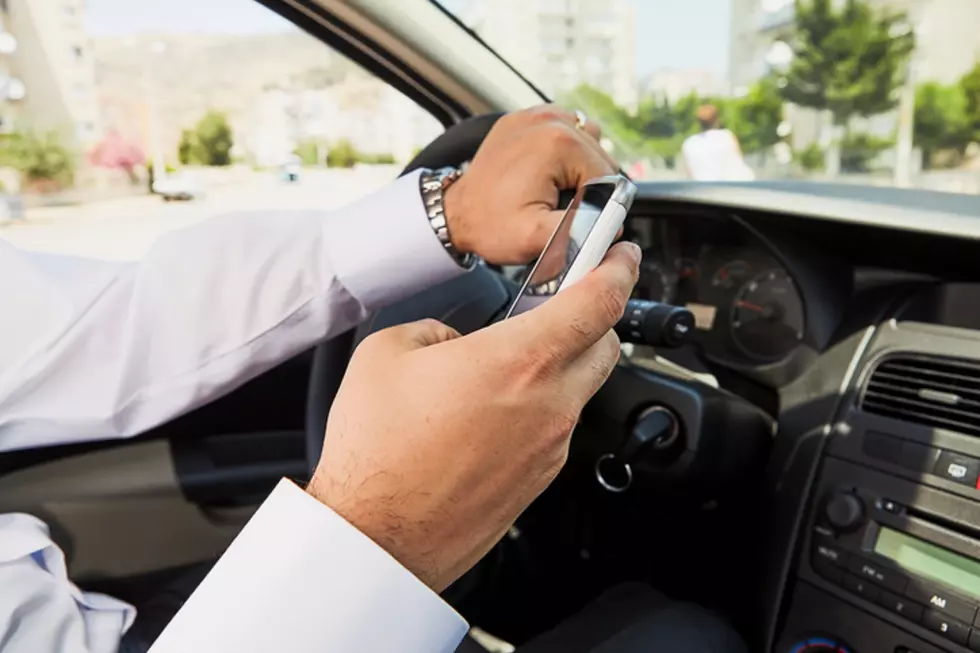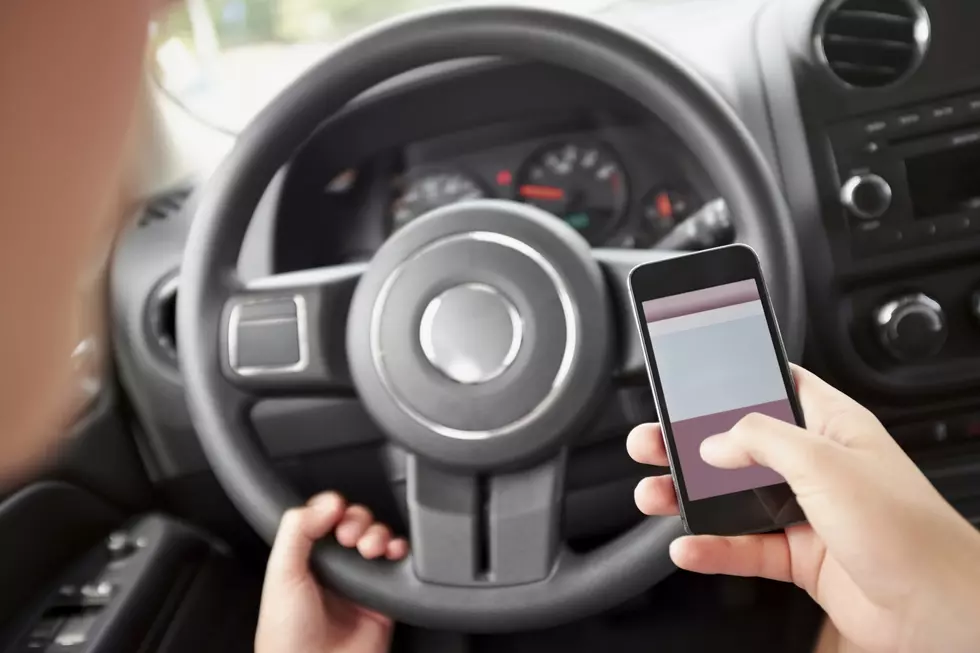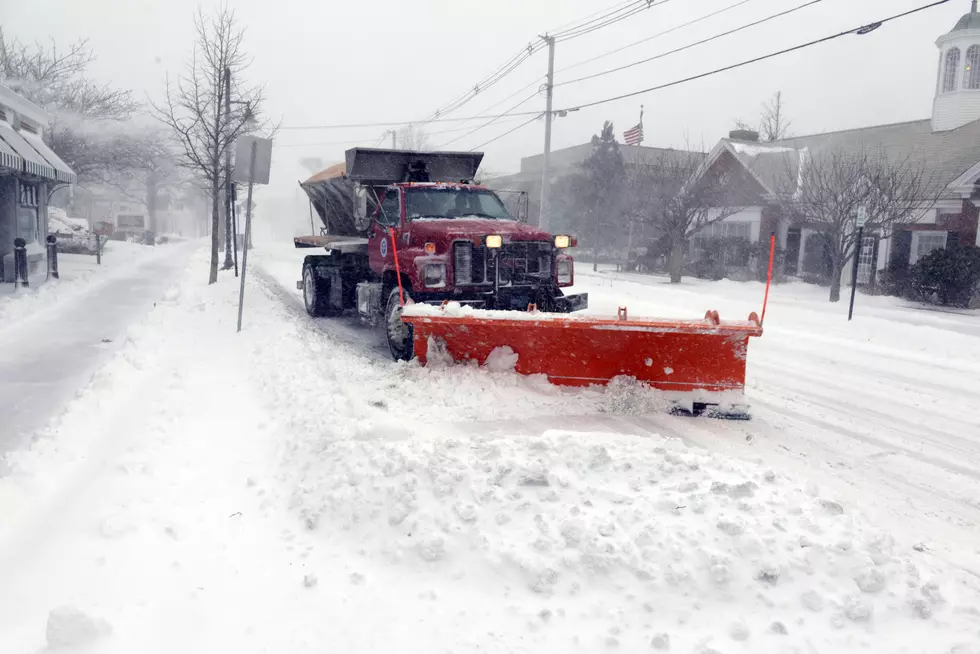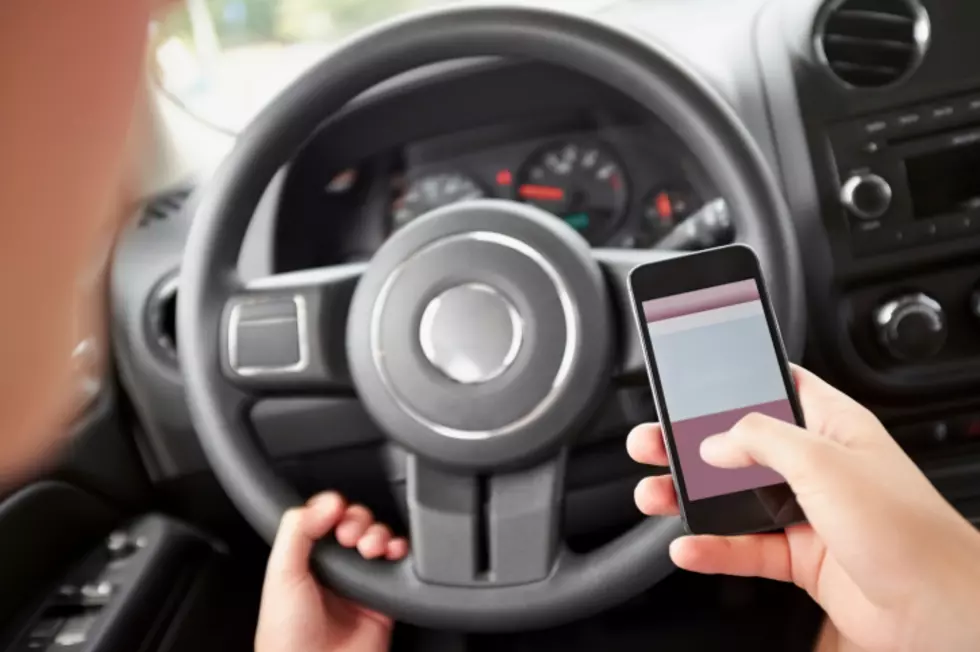Morris County Texting Case Makes Sender Liable if Receiver Crashes – Do You Agree? [POLL]
Flickr user: [SiK-photo][/caption]
If you thought that texting while driving could make you civilly liable in case of an accident, imagine this new twist: texting someone who you know may be driving and would probably text you back.
Actually it's not so new since it's come up before, but it begs the question:
Do you feel the sender in a scenario such as this should be a party to a lawsuit should the receiver be involved in a car crash where the sender would have the knowledge that the receiver were driving and likely to text back?
Knowing full well the legal ramifications of texting while driving should put the burden of responsibility on the receiver alone.
But that’s not what an appellate court has recently ruled, according to this story:
A person who texts a motorist, who reads the message and causes an accident while distracted, can be held civilly liable to injured parties under limited, special circumstances, a state appeals court panel ruled Tuesday.
Ruling in a Morris County-based case that attracted nationwide attention, an appellate panel stressed that motorists are obligated to obey traffic laws and not transmit or read text messages while driving.
But, they found that the sender of a text that distracted the driver could also be held civilly responsible in event of a crash if the sender in a remote location “knew or had special reason to know that the recipient would view the text while driving and thus be distracted.”The novel issue of imposing a duty of care and a potential cause of action against a texter was raised by attorney Stephen “Skippy” Weinstein, whose clients, Linda and David Kubert both lost their left legs when their motorcycle was hit on Sept. 21, 2009, by a teenager who got distracted while texting and driving in Mine Hill.
The Kuberts settled their lawsuit against driver Kyle Best, then 19, of Wharton, but sued the 17-year-old Rockaway teen, Shannon Colonna, who was exchanging texts with Best as he drove.
“We hold that, when a texter knows or has special reason to know that the intended recipient is driving and is likely to read the text message while driving, the texter has a duty to users of the public roads to refrain from sending the driver a text at that time,” two of the three Appellate Court agreed in their opinion.
However, all three judges agreed that a Superior Court judge in Morris County was correct in 2012 when he dismissed lawsuit claims against Colonna, who was accused of “aiding and abetting” motorist Kyle Best by sending him a text that distracted his eyes from the road.
The appeals court found there was no evidence submitted that Colonna knew Best was driving or would read and respond to her text at the time he crashed into the Kuberts on Hurd Street in Mine Hill.
Weinstein said that he and the Kuberts applaud the Appellate Division for “carving out a new cause of action” against a remote sender of a text who can be perceived as “electronically present” in a vehicle with the recipient.
Weinstein acknowledged that the burden would be on the plaintiff to show that a texter had special knowledge that a recipient was driving and would read a text while doing so before liability could be found.
And the story goes on to say that the lawyer is now seeking to appeal the decision to not hold the sender liable, thus seeking to now sue the sender (Colonna).
Lovely!
Now what does this sound like to you.
Being the layman that I am with merely a microphone, a transmitter, and an internet connection at my avail, this decision sounds like just another avenue for lawyers to MAKE MORE MONEY!
After all, aren’t all judges lawyers too.
Two out of the three appellate judges ruled that while the receiver of the text has the primary responsibility of not answering the text, they still went ahead and put some of the blame on the sender.
They had it right the first time.
More From New Jersey 101.5 FM









